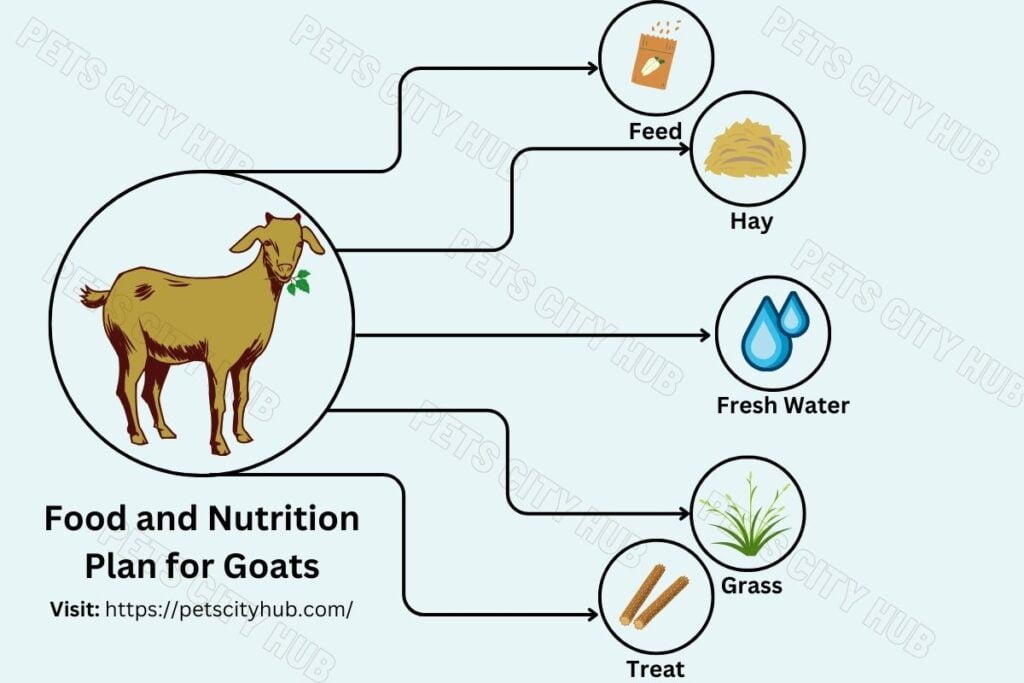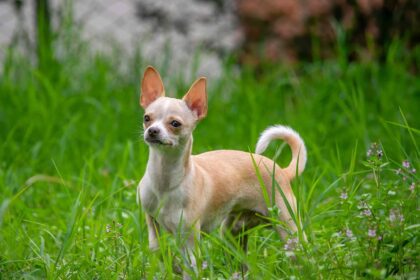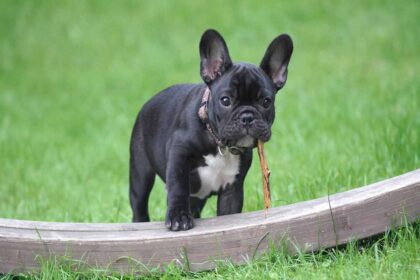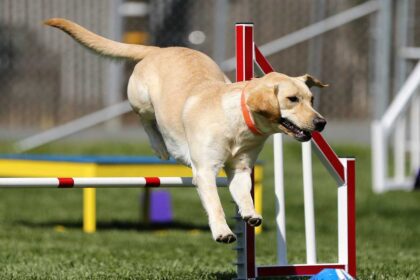Food and nutrition plan for goat farming is the most important plan a farmer has to draft.
If a goat herd does not receive the essential nutrients it needs, a farmer may face losses in two significant ways.
- Goats will not reach their maximum genetic productivity potential due to the lack of nutrients.
- Goats will become more susceptible to diseases, particularly nutritional deficiency diseases such as Polio encephalomalacia and White Muscle Disease.
Both of the above causes are very painful for a farmer.
So, to maximize profit potential, whether you’re raising goats for milk, meat, or as pets, a balanced diet is crucial for successful goat fostering.
The purpose of this content is to introduce you to the essential food and nutrition requirements for goats and to help you easily create a dietary plan for your goat or herd.
Main Energy and Nutrition Source of Goats
Goats are herbivores animals. In nature, they eat grass and browses. These natural food sources provide them all the essential nutrients they need to survive, including carbohydrates, fats, and other vital vitamins and minerals.
So, when planning your goat herd’s dietary, try to stay as close to their natural diet as possible.
Now, in some geographical locations, you can get grass all around the year. But in most regions, grass is not available throughout the year due to lack of rain or drought.
So, to ensure a constant supply of grass during the dry season, humans have developed a solution: hay. Hay is grass that is processed and dried in a special way, allowing farmers to store it without losing quality.
Additionally, Grains are rich in carbohydrates and also provide additional nutrients. If you’re looking to supply additional energy to your goat herd, grain can be a good option for you. However, it’s important to remember that overfeeding grains can lead to health issues, so moderation is key.
How Much Should You Feed a Got Per Day?
A goat typically consumes 2-4% of its body weight in dry matter each day (dry matter means goats’ food without water in it). Comprise their 2-4% dry matter food demand with 75% grass/hay, 20% grain, and 5% treats.
Now some farmers allow goats to eat as much grass/hay as they want but control the grain and treat amount. Which is also a good feeding technique.
Some factors make goat’s food demand slightly back and forth. For instance,
- Quality of the food
- Goats Breed, ages, activity level, and weight
- Local environment
Supplement Vitamins and Minerals
Like us, for a goat’s health and wellbeing vitamins and minerals are very crucial. As I told you in the beginning, goats collect their nutrients including vitamins and minerals from their natural meal (grass/hay and browses).
When you are thinking of adding extra vitamins and minerals to the goat diet, you have to consider what vitamins and minerals are providing their natural diet grass/hay and browses. You have to add extra vitamins and minerals according to their regular diet vitamin and minerals deficiency.
When considering adding extra vitamins and minerals to a goat’s diet, it’s important to first evaluate the nutrients provided by their natural diet (grass, hay, and browse. Only add extra vitamins and minerals if there are deficiencies in their regular diet.
When you provide vitamins and minerals that are not necessary, it can have adverse effects on goat health.
It is best to consult with a local professional veterinarian before adding extra vitamins and minerals to a goat’s diet. As a local veterinarian will be familiar with the surrounding environment, the quality of available cattle feed, and potential nutrient deficiencies for livestock in the area.
Never add extra vitamins/minerals by yourself after a little research without consulting with a professional veterinarian. As we all know, little knowledge is dangerous.
Protein-Fat
Protein plays a crucial role in goats’ growth, disease resistance, reproduction, lactation, etc. But typically, you don’t need to worry too much about the protein level of their diet. Most grasses, hays, and tree leave already provide sufficient protein for goats, generally around 7%.
However, in certain life stages supplying extra fat is helpful for their health. For example, pregnant goats, growing adolescents, lactating goats, certain health conditions, etc. To provide extra fats, you can feed them cottonseed, soybean meals, wheat middling’s, etc.
Once again, if a goat’s diet contains 7% protein, that is enough for a normal healthy goat.
Fresh Water
Water is crucial for all living creatures on Earth, including goats. They cannot survive without water. An insufficient water supply can adversely affect their bodily functions, digestive system, milk production, growth, and ultimately the profitability of a farm.
Therefore, goats must always have access to fresh water.
Treat
Many people are very fond of their goats and like to give them treats occasionally. If you’re one of those affectionate owners, you might already be wondering what to feed your goats as a treat. Well, you can feed your goat as treat fruits, vegetables, weeds, etc. But keep in mind that treats should make up only 5% of their diet.
What You Should not Feed a Goat
Typically, goats can digest a broad range of plants, but some can be harmful to their health. Since the specific plants that pose a danger can vary by location, it’s crucial to consult with an experienced veterinarian or farmer in your area to identify which local plants could harm your goats.
Before Finalizing Your Goat’s Diet Plan
Before finalizing your goat farm’s diet plan, it’s a good idea to review the draft with a veterinarian. Allow them to make adjustments based on the unique needs of your herd. Various factors can influence a goat’s diet, such as:
Geographical Location: The locally available forage and grasses can impact what should be included in a goat’s diet.
Breed-Specific Needs: Different goat breeds may require additional nutrients to achieve their production potential. For instance, breeds raised for meat or milk may have slightly different nutritional requirements.
As, this approach ensures that your diet plan is tailored specifically for your goat herds, optimizing their health and productivity.
Embrace the journey of learning and adapting as each goat and season will teach you something new.


